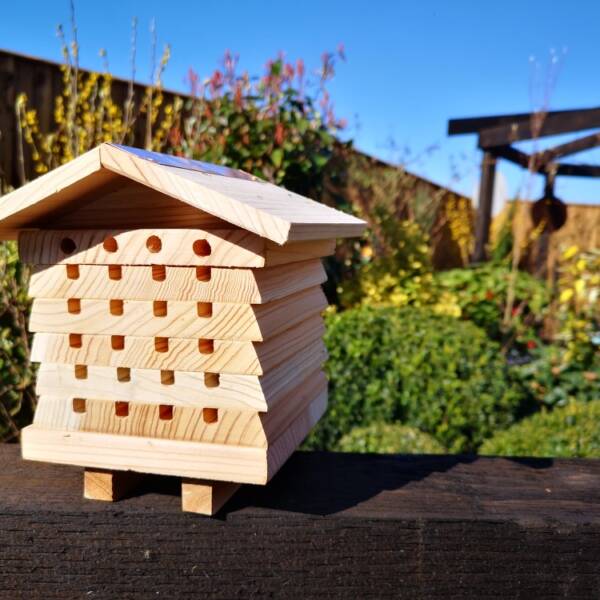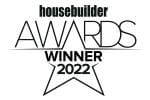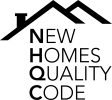Promoting biodiversity in your home garden is a brilliant way to preserve nature and support a healthy habitat in your community. And it doesn’t have to be complicated, expensive or make your garden look more of a safari than a sanctuary.
At St. Modwen Homes, we’re committed to biodiversity and protecting our native species. Whether it’s going the extra mile to preserve and improve existing natural habitats on our developments or by including special biodiversity features in our properties, we do all we can to ensure that local wildlife isn’t impacted by the homes we build.













